Environment
-
 Environment
EnvironmentLatest BPA replacement seeps into people’s blood and urine
Replacements for BPA called BPS and BPSIP may raise health risks for cashiers.
By Beth Mole -
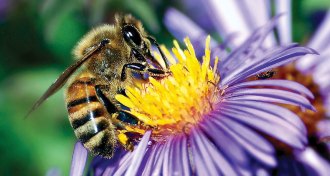 Microbes
MicrobesBacteria in flowers may boost honeybees’ healthy gut microbes
Honeybees may deliver doses of probiotics to the hive to help feed baby bees’ microbiome.
By Beth Mole -
 Environment
EnvironmentDust components may promote obesity
Fat dust bunnies may contain obesity-boosting chemicals.
By Beth Mole -
 Environment
EnvironmentFracking doesn’t always go to great depths
Fracking at shallow depths is unexpectedly common in the United States and raises new concern for drinking water contamination.
By Beth Mole -
 Life
LifeAlison Jolly’s last book chronicles efforts to save lemurs
In ‘Thank You, Madagascar,’ primatologist Alison Jolly, who spent decades studying lemurs, provides an insider’s account of the struggles that conservationists face.
By Erin Wayman -
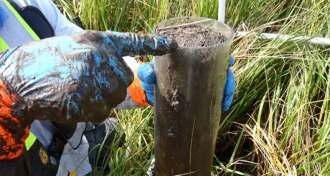 Environment
EnvironmentOil-munching microbes cleaning up Gulf marshes faster than expected
Microbes in some of Louisiana’s marshes are breaking down oil from the Deepwater Horizon spill faster than expected.
By Beth Mole -
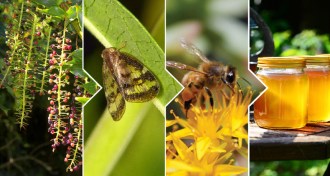 Environment
EnvironmentMystery toxins in tainted New Zealand honey nabbed
Sweet and stealthy toxins have been caught sticky-handed, potentially solving a decades-long mystery of tainted honey in New Zealand.
By Beth Mole -
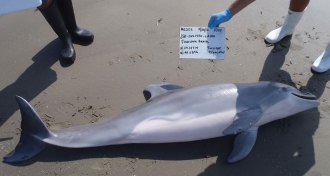 Environment
EnvironmentRising dolphin deaths linked to Deepwater Horizon spill
Lung lesions and other injuries link an extensive die-off of dolphins in the Gulf of Mexico to the 2010 Deepwater Horizon oil spill.
By Beth Mole -
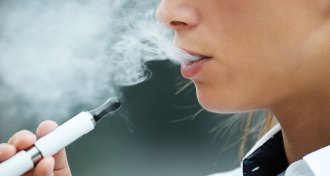 Environment
EnvironmentE-cigarette flavorings may harm lungs
Certain e-cigarette flavors, such as banana pudding, may damage lung tissue
By Beth Mole -
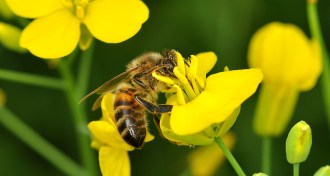 Animals
AnimalsBees may like neonicotinoids, but some may be harmed
Two high-profile tests raise worries that bees can’t avoid neonicotinoid pesticides and that wild species are at special risk.
By Susan Milius -
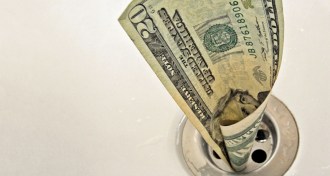
-
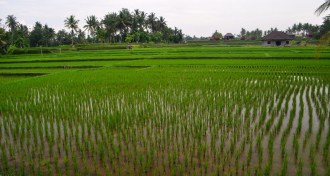 Environment
EnvironmentNatural acids in soil could protect rice from toxic nanoparticles
A common component of dirt makes toxic copper oxide nanoparticles less harmful to rice plants.
By Beth Mole